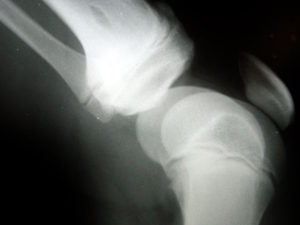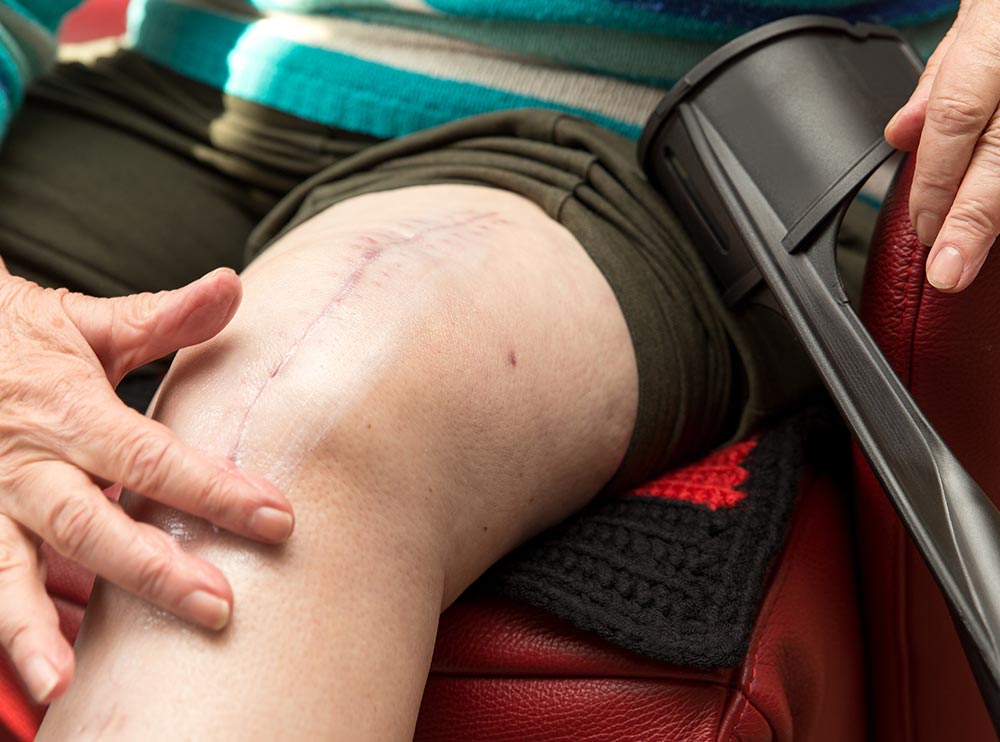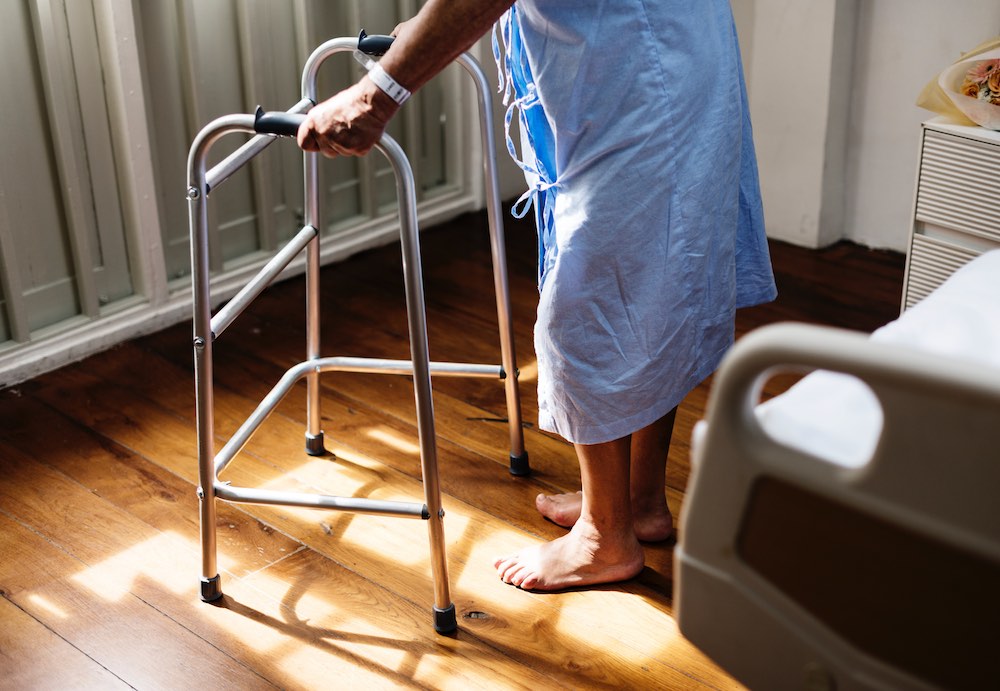A recent bellwether knee implant injury lawsuit was decided in the manufacturer’s favor after an appeals court affirmed an earlier ruling to dismiss for lack of evidence to support causation. Although this ruling pertained to a knee implant made by Zimmer NexGen Flex, it contains some relevant lessons for those pursuing claims for Attune knee implant injuries.
In the instant case, one of the main problems was the trial court’s exclusion of plaintiff’s only expert witness testifying that causation (on the basis the doctor’s methods were unreliable because they lacked discernible basis for determining which potential causes of loosening were reasonable and which weren’t). Without that testimony, plaintiff couldn’t prevail on his original claims of defective design or manufacture. It also meant there was a causation gap in his claim of inadequate warning. But to the extent the inadequate warning claim could have survived even without the testimony of that expert witness, the trial court and later the U.S. Court of Appeals for the Seventh Circuit affirmed, the inadequate warning claim couldn’t prevail in light of the “learned intermediary” doctrine. This legal theory holds that a medical device manufacturer doesn’t have a duty of care to warn the patient who receives that implant about the risks, so long as it gives adequate warning to the treating physician. The basic principle is that it usually isn’t the patient making the decision of which device to choose, it’s their doctor. Thus, warning the patient wouldn’t make a difference in whether that device was chosen over another one. The learned intermediary doctrine is recognized by most other states – including Utah, with precedent-setting cases here in 1984 with Barson v. E.R. Squibb & Sons, Inc. and 2003 with Schaerrer v. Stewart’s Plaza Pharmacy, Inc.
Product liability lawyers and plaintiffs in knee implant injury cases need to carefully consider qualifications and expert witness methods and how they stack up under the Daubert standard, which is the federal judge’s checklist for determining whether scientific testimony passes muster to be admissible. Read More



